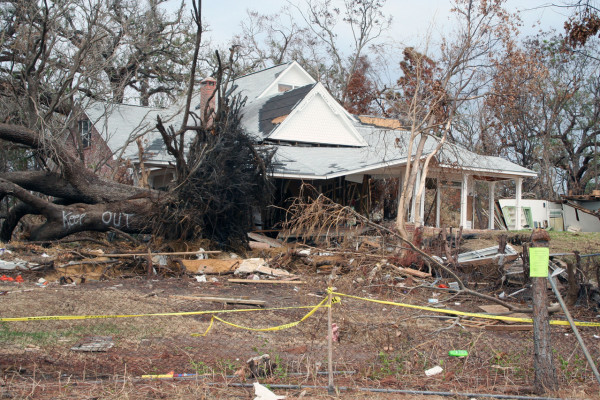- February 15, 2017
- Posted by: Liam Dai
- Category: Uncategorized

Replacement Value vs. Market Value
When all is said and done, owning a home is a lot of work. Bills need to be paid, repairs are never-ending, and paying off a mortgage all tend to weigh down homeowners. What some homeowners tend to miss is not about what homeowners’ insurance entails but more about how to insure their home. Will you insure your home for the replacement cost or its market value?
Don’t be ashamed if you don’t know what the best option is—both have their own benefits and risks. Let’s take a look at these topics so that the next time you speak to a qualified insurance advisor, like the ones at RiskBlock, you’ll be able to make the best choice for you and your family.
Replacement Cost explained
The replacement cost is the cost necessary to make repairs or replace your entire home in the event of a catastrophe. Insuring your home for its replacement value makes your insurer reimburse you for the cost of rebuilding or repairing your home, based on the size and structure of the home that was lost or damaged.
To determine the replacement cost, hiring a qualified building contractor/professional to produce a detailed estimate. The cost of the property’s structure, systems, fixtures, and other elements will be included in the estimate. Land value, while included in a home’s market value, is excluded from this estimate and the amount of insurance you can purchase.
Benefits of Replacement Cost
In the event of damage and/or loss to your home, replacement cost coverage aids your family’s return to the home and previous quality of life while minimizing financial interruption. While you can insure your house for varying amounts, it is strongly recommended that you insure your home for at least 100% of its replacement cost. If your home is completely destroyed, you will be responsible for providing the uninsured amount.
Risks of Replacement Cost
Because replacement value can change over time, reviewing your policy annually makes sure the amount of coverage meets your needs. It’s crucial to update your policy if you have upgraded or improved your home (ie. new pool). These alterations may increase your home’s estimated replacement cost.
In addition, stay informed about the changing market conditions in your area. Some factors can directly affect the replacement value of your home, including labor costs, material costs, and transportation costs. To maximize your protection, look into policies that include an inflation clause, which adjusts your premiums and coverage for changes in the aforementioned construction costs.
*As a side note, it’s against the law for banks to require you to insure more than 100% replacement cost. There’s been several cases of banks and insurers colluding to pressure homeowners to purchase policies beyond their home’s value, especially for those in flood- or accident-prone areas.
Market Value explained
The amount that a buyer would pay to purchase your home and land in its current condition is called market value. In contrast to replacement value, market value is influenced by factors beyond costs of repairs or reconstruction (proximity to good schools, crime, etc.), with the land of the property included into the market value (not covered by the homeowners policy).
Benefits of Market Value
Insuring for market value can be the most practical option. Restoring older homes with custom and artisanal designs (woodwork, masonry, etc.) back to their original condition are often much higher than the home’s purchase price. Premiums, therefore, are much higher. Purchasing insurance based on market value offers the best chance to recoup as much as possible after a loss.
Risks of Market Value
Market value puts you at risk of having insufficient coverage. As an example, if your purchase a home for $200,000, and insure the home for the same amount. However, the replacement cost is $235,000. In the event of an insured catastrophe (ie. fire), your insurance would not cover the uninsured $35,000, leaving you to make up the difference or build a less expensive home.
* * *
Insuring your home for the correct amount isn’t always the easiest decision for homeowners. That’s why the advisors at RiskBlock suggest you click here to begin to speaking with experts in the industry.
